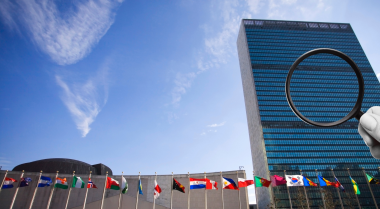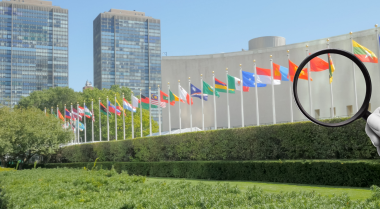
PBC Blog: Advancing Women, Peace and Security through a Gender Strategy
The Women, Peace, and Security Agenda (WPS), initiated by UN Security Council resolution 1325, recognizes the crucial role that women play in creating and maintaining peace. However, the Women, Peace, and Security Agenda is about more than just engaging women in peacebuilding; it is also about including gender analysis in all aspects of peacebuilding work. Gender analysis investigates how the impacts and causes of conflict are gendered and seeks to show the diversity in women’s experiences, based on other factors such as age, religion, culture, socioeconomic status, disability, and others.
The Peacebuilding Commission (PBC) has made significant progress implementing the Women, Peace, and Security Agenda in its work most notably is the adoption of a Gender Strategy. In 2016, under Kenyan chairmanship, the PBC became the first and only intergovernmental body to adopt a Gender Strategy. The Strategy outlines seven actions to bring a gender perspective into all of the PBC’s work. Since the adoption of the Gender Strategy, the Commission has increased the number of women briefers and women it meets during field visits, the number of thematic meetings on WPS, and the number of advisory letters to other bodies that included references to gender. However, until 2020, the implementation of this Strategy raised more questions than it provided answers.
Only in October 2020, the Commission conducted a review on the implementation of the Gender Strategy. The review unpacked several gaps in implementation, leading to the development of an Action Plan in February 2021. The Action Plan outlines concrete actions to implement the Strategy as well as indicators to track the implementation.
The work of the PBC in implementing the WPS Agenda raises several questions:
- What kind of impact do the Gender Strategy and its implementation have at the ground level?
- Is the PBC currently capacitated to support gender analysis in peacebuilding? Could these capacities be enhanced?
If the PBC is to implement the Gender Strategy, the engagement with women in its activities is not enough. The PBC should look beyond the gender binary and also take into account the gendered root causes of conflict to truly advance sustainable peace.

